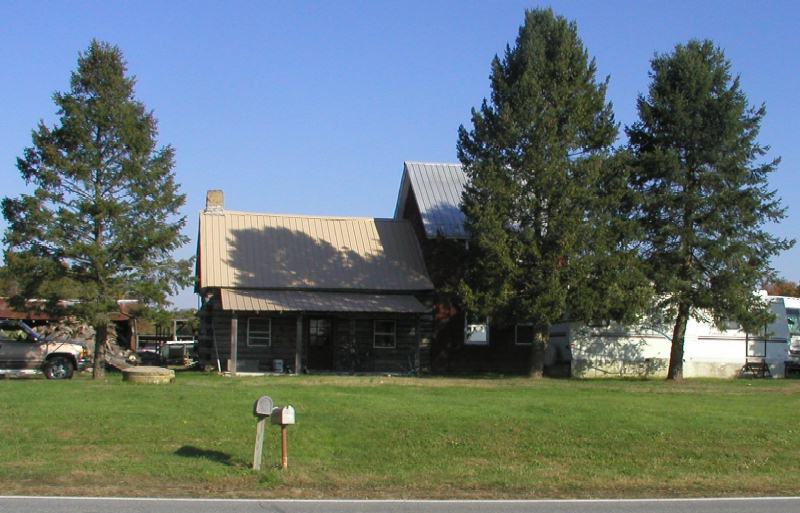I’m back. I’ve unloaded some of the activities that were eating up my time so, hopefully, I’ll be able to do a better job keeping up with this in the future. Now back to my first summer at the Academy.
In order to properly use guns of all sorts, we had a class in gun safety. We learned how to clear various weapons. We learned how to disassemble and reassemble a rifle, a .45 pistol, and a .38 revolver. Fifty or so of us assembled in a large open building. Our practice weapons sat on tables in front of us. The instructors demonstrated what we were supposed to do and talked us through our practice while monitors looked over our shoulders to make sure we were doing it right. Then we got to practice on our own.
We were practicing with the .45s when a gun went off. One of the cadets fell to the floor. The monitors rushed to converge on the downed cadet. The rest of us sat in stunned silence while the monitors ministered to him. After what seemed like an eternity, he jumped to his feet, grinning. It had all been staged. The gun had a blank in it, and the cadet was in on it. I have to admit it was one of the most effective safety trainings I ever attended.
These were the days before AR-15s so we were issued M-1 rifles. They were a part of our lives for the next four years. We marched and paraded with them. We practiced manual of arms. We practiced marksmanship with them. We cleaned them until they were spotless or tried – somehow the inspectors frequently found something we had missed, a speck of lint, the glint of oil. I became extra familiar with mine because I spent a lot of time with one on my shoulder, marching tours.
We got demerits for numerous things: dust, a “dirty” weapon, late for anything, poor judgment (It seemed that way), … When we accumulated enough demerits or committed a heinous crime like being late for curfew by a few minutes (a Class 3 offense), we had to march tours as our punishment. That first year I spent most of my Saturdays, rain or shine, going back and forth across the quadrangle with my rifle.
Not all my experiences that summer were unpleasant. We trained at a variety of things: physical training, bayonet fighting, an obstacle course, and as I mentioned before marching. The obstacle course was my biggest challenge. It was tough, and my practice times were poor at best. For the final exam Jim Lorrigan, an ATO, trotted alongside shouting encouragement. When I crawled under the barbed wire, I could hear him, “You can do it! Keep it up!” As I zigzagged across the elevated planks, his “You’re doing great!” urged me on. As I clung to the top of the wall, straining to climb it, he was there. “Climb! You’re going to make it.” And I did. Panting and wheezing I pulled myself up and over the wall, dropped to the ground on the other side, and trudged for the finish line. I made it with my best time, but I wouldn’t have without Jim’s help. I owe him a debt of thanks.
As a grand finale for that summer we got to see what it was like to be a ground pounder. We marched down what is now 6th Avenue (It turned into a dirt road before we got off it). We turned into Lowry Bombing Range (I think we went through Buckley Naval Air Station, but I can’t imagine it being on a dirt road) and marched to a camp site. Since it was late summer in Eastern Colorado, they were somewhat redundant, but we had pup tents to sleep in.
I don’t remember a great deal about the bivouac, but it was both taxing and intriguing. It had a final exam of sorts. There were a number of scored activities. The two I remember were a compass course which I didn’t do well on and a marksmanship test.
The marksmanship test was to burst a balloon with a .45. The reason it was so difficult is that the .45 bullet moves slower than the speed of sound so it has a bow wave. If it is slightly off dead center of a balloon suspended by one end, the bow wave pushes the balloon aside. We were given five shells to do it. I was one of the few who got it on the first shot.
With that my first summer at the Academy came to a close. I’m sure I’ve left out some things that would be interesting to someone, but as I remember them, I’ll add them to my list and eventually mention them.
Next, the academic year starts.

